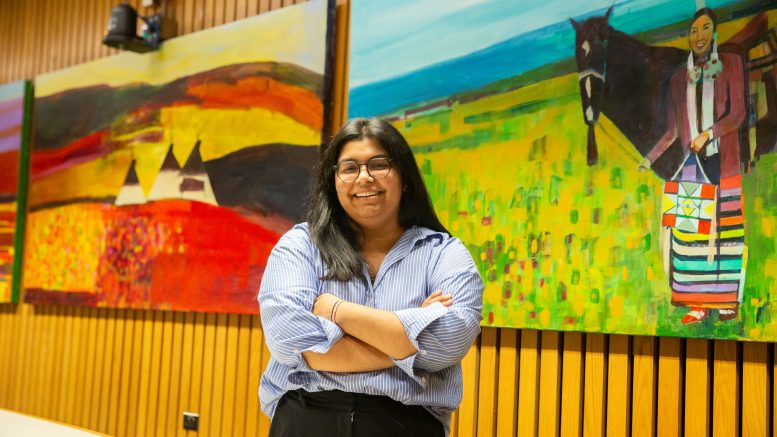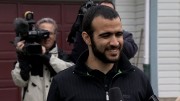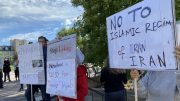Robson Hall second-year law student Isha Khandelwal’s interest in tax law happened by chance, but eventually led her to the 27th session of the committee of experts on international cooperation in tax matters at the United Nations (UN) in Geneva, Switzerland.
“It was a spectacular experience, I really enjoyed it,” Khandelwal said. “The kinds of people I met, the levels of discussion, it’s unlike anything I’ve ever experienced or been a part of in my life.”
The UN committee took place from Oct. 17 to 20. The committee discussed a wide range of topics including tax treaties, environmental taxes and wealth taxes. One area that interested Khandelwal was the disparities between lower and higher income nations.
Khandelwal became interested in taxation and human rights after she was chosen to participate in the Donald G. H. Bowman National Tax Moot this upcoming March. In order to participate in the moot, Khandelwal had to take a course on tax law, which forced her to rearrange her entire course schedule, ultimately resulting in her enrolling in human rights law.
Khandelwal had no prior interest in human rights law, and was unsure what to write for her term paper in the course until she spoke to her professor about her interest in tax law and he explained that the intersection of taxation and human rights was a significant topic of recent discussion in global affairs.
In 2022, the UN general assembly adopted a resolution supported by human rights experts that would lay the foundation for a new UN tax convention, allowing lower and middle-income countries to have more of a say over global tax affairs.
Along with becoming more knowledgeable on international taxation, Khandelwal said she made multiple connections with others attending the committee, including Canada’s representative on the committee, Stephanie Smith.
“I think a lot of people there were really excited to see someone so young, and someone who’s not necessarily a professional come to the UN tax committee meeting,” said Khandelwal.
Khandelwal explained that the link between taxation and human rights is not as clear as connections between other issues such as employment and poverty.
She described the connection of taxation to human rights as a “chain” of events that governments conduct using tax revenue for social services for individuals who cannot afford privatized options, often those who live in poverty.
“You have to draw that chain in order for people to start realizing that this is even an area of consideration,” said Khandelwal.
After attending the committee, Khandelwal is still skeptical about the change making abilities of the UN, but acknowledged it provides a unique forum for discussion among member states.
“The reality is that there are conversations happening at the UN that allow developing states to actually have their voice heard and I don’t know any other platform where that is possible,” said Khandelwal.





